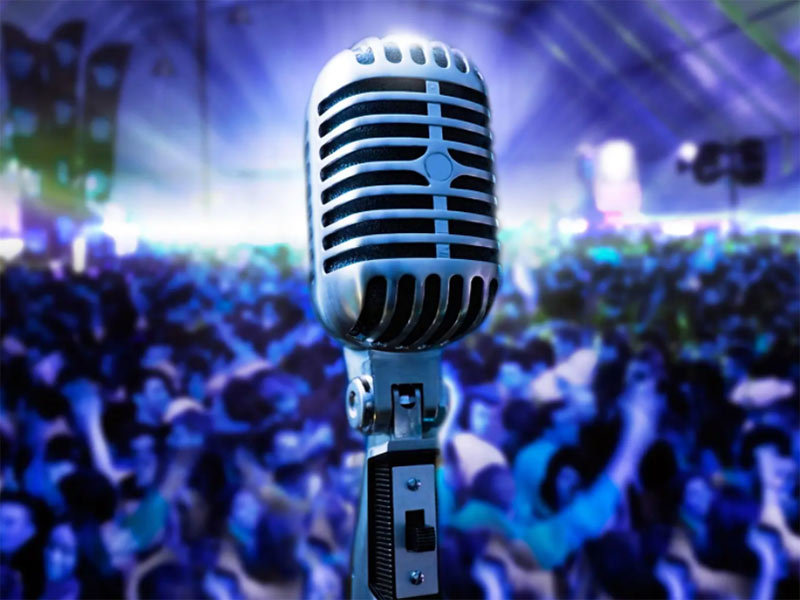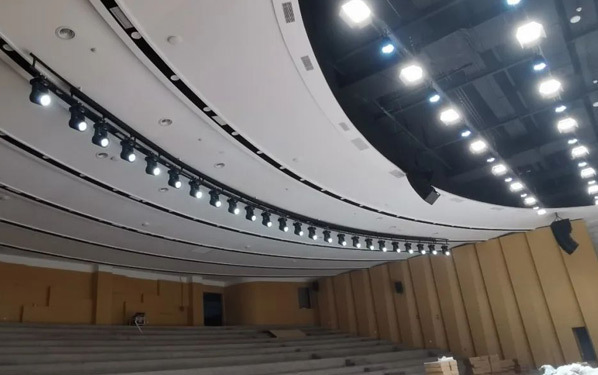Notes on the use of microphones by singers during concerts
2024-06-06
In live concerts, the quality of sound reception is very important. If a singer on stage wants to use a microphone to reproduce the original sound of a beautiful voice, he must first learn the correct posture to hold the microphone. Although there are many different postures for holding a microphone on stage, some do not require lip syncing and the microphone holding posture does not need to be particular, but using the wrong posture will greatly affect the sound effect of the microphone.

Microphone characteristics
1. Sensitivity
When singing with a directional wireless microphone, pay attention to the posture of holding the microphone, because the distance between the microphone and the mouth will have a significant change in sensitivity and sound quality, especially because the sensitivity of the microphone is inversely proportional to the square of the distance from the mouth.
2. Sufficient Dantian Qi
For those with insufficient Dantian Qi, the microphone cannot be too far away from the mouth. If the volume of the amplifier is turned up, it will easily cause feedback. For singers with thick throats, the microphone does not need to be too close to the mouth, which will easily cause saturation distortion.
3. Proximity effect affects high and low bass
Directional microphones have a very obvious proximity effect. When the microphone is close to the mouth, the bass will increase significantly as the distance decreases. Therefore, if the throat bass is insufficient, the microphone can be moved closer to the mouth to compensate for the bass and increase the magnetic thickness effect; on the contrary, if the singer's voice is too low, the microphone can be moved farther away from the mouth to reduce the proximity effect of the microphone, reduce the bass, and make your voice clearer and brighter.
4. Wind popping noise
The distance between the microphone and the mouth has a great impact on wind popping noise, especially for microphones with high sensitivity and strong bass response, storm popping noise will be more serious. In order to reduce this noise, in addition to adjusting the optimal distance for the microphone, it is better to choose a microphone with anti-wind popping noise characteristics when purchasing. The higher the level of the microphone, the more sophisticated the design of anti-storm noise.
RELATED INFORMATION














